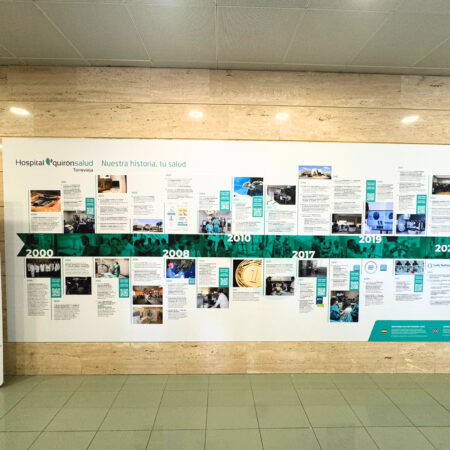A recent study by the NIQ Consumer Online Panel reveals that Spain tops the list of European countries that buy the most on Chinese platforms such as Alibaba, Shein and Temu. During the first half of 2024, one in three online orders in Spain was made on these portals, reaching a share of 34%. This figure far exceeds that of other countries such as Italy (14%), France (9%), Germany (8%) and the United Kingdom (6%).
The report also indicates that shopping baskets are one of the fastest growing categories in e-commerce both globally and in Spain. During the first six months of the year, the average price of orders on Chinese platforms in Spain was 13%, compared to 6% in Italy and 4% in Germany and France.
Despite leading in number of orders, the average spend per buyer in Spain is 497 euro, one of the lowest in Europe, only surpassed by Ireland (475 euro). In contrast, Germany tops the list with an average spend of 1,125 euro, followed by the United Kingdom (997 euro) and France (951 euro).
In terms of order frequency, Spain recorded an average of 12.1 requests per buyer, a figure higher than that of Italy (12), Belgium (11.5) and Ireland (10.2), but still far from the United Kingdom (22.7) and Germany (18.2).
In Spain, the shopping basket has become one of the main drivers of e-commerce growth, representing 17% of all online purchases, with an increase of 2.5 percentage points compared to the previous year. Consumer products are increasingly popular, especially in categories such as food, which are growing quarter by quarter.
The NIQ Consumer Online Panel highlights that in Europe, fashion and high-tech are losing ground to FMCG and sports. In the first half of 2024, online purchases increased by 8% in value, driven in part by inflation and the growing number of shoppers loyal to the digital channel.
The study also analyses purchasing behaviour by demographic groups, pointing out that millennials (born between 1980 and 1994) are the biggest spenders on online shopping, with an average of 1,091 euro. They are followed by generation X (1960-1979) with 993 euro, boomers (born before 1959) with 768 euro and generation Z with 594 euro.











